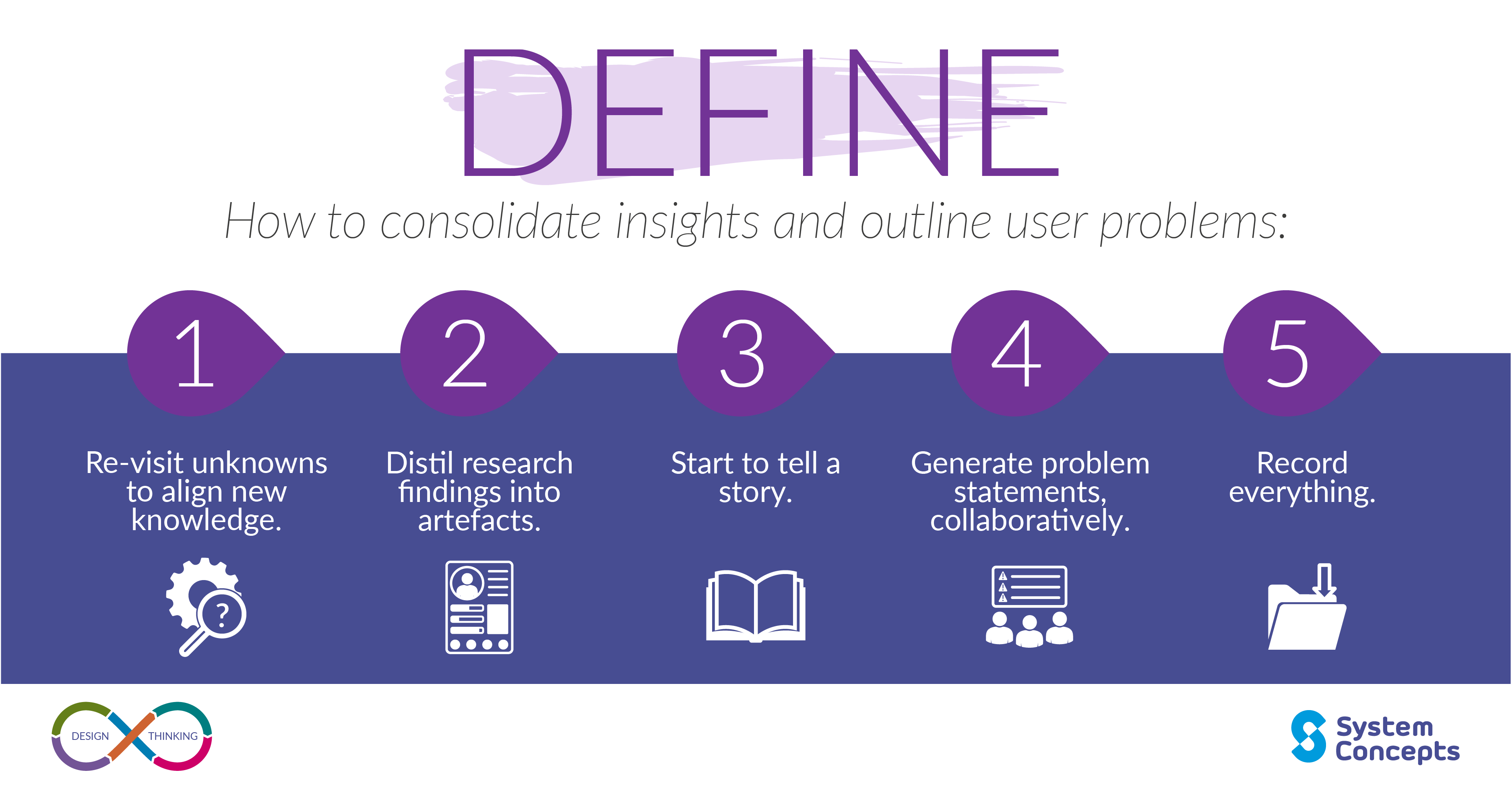Understanding 'Ad Hoc': Solutions For Specific Needs
Have you ever encountered a situation that demanded an immediate, tailor-made solution, one that wasn't part of any grand, pre-planned strategy? Perhaps you've heard the term "ad hoc" used in a meeting, a news report, or even casual conversation, leaving you wondering about its precise meaning and implications. This seemingly simple Latin phrase carries a wealth of meaning, signifying an approach that is both highly practical and, at times, a subject of debate.
In our fast-paced world, problems often emerge unexpectedly, requiring swift and targeted responses. Understanding what "ad hoc" truly means, how it's applied, and its inherent strengths and weaknesses, is crucial for anyone navigating complex environments, whether in business, government, or daily life. This article will delve deep into the definition, usage, and practical significance of "ad hoc," drawing from authoritative sources to provide a comprehensive and easily digestible explanation.
Table of Contents
- What Does 'Ad Hoc' Mean? The Core Definition
- Latin Roots and English Translation: 'For This'
- The Essence of Specificity and Immediacy
- Ad Hoc in Practice: Real-World Examples
- The Unplanned Nature of Ad Hoc Solutions
- Advantages of an Ad Hoc Approach
- Potential Criticisms and Disadvantages
- Distinguishing Ad Hoc from Generalized Solutions
- Conclusion: The Enduring Relevance of Ad Hoc
What Does 'Ad Hoc' Mean? The Core Definition
At its heart, the meaning of **ad hoc** is quite straightforward: it refers to something "for the particular end or case at hand without consideration of wider application." This definition, echoed across various authoritative sources like the Oxford Advanced Learner's Dictionary, highlights the intensely focused nature of an **ad hoc** solution or activity. It is "made or happening only for a particular purpose or need, not planned before it happens." Imagine a sudden, unexpected problem arising; an **ad hoc** response is precisely what's crafted to tackle that specific issue, and nothing else. It’s not about building a system that can solve all problems of a certain type, but rather about fixing *this* problem, *right now*. This immediate, problem-centric focus is what truly defines an **ad hoc** approach.Latin Roots and English Translation: 'For This'
To fully grasp the nuances of **ad hoc**, it’s helpful to look at its origins. **Ad hoc** is a Latin phrase, meaning literally 'for this'. This simple etymology beautifully encapsulates its core function. In English, it typically signifies a solution designed for a specific purpose, problem, or task rather than a generalized solution adaptable to many situations. The phrase "ad hoc" comes from the Latin words meaning 'for this' or 'for this situation'. This direct translation helps us understand why the term is so apt for describing something created or done solely to address a particular, often urgent, need. It's about direct applicability to a singular case, without the baggage of broader considerations.The Essence of Specificity and Immediacy
The defining characteristics of anything described as **ad hoc** are its specificity and immediacy. It is "for the specific purpose, case, or situation at hand and for no other." This means an **ad hoc** solution is laser-focused, custom-built for a unique set of circumstances. It's not a one-size-fits-all approach; it's a bespoke fix. Furthermore, an **ad hoc** activity or organization is not planned in advance, but is done or formed only because a particular situation has made it necessary. This reactive nature is key. When a crisis erupts, or an unforeseen challenge emerges, an **ad hoc** committee might be formed, or an **ad hoc** policy might be implemented. It’s something put together "on the fly" for one narrow, pressing, or special purpose. This emphasis on the immediate and the particular differentiates it from long-term strategies or standing procedures.Ad Hoc in Practice: Real-World Examples
The term **ad hoc** is widely used across various domains, illustrating its versatility and practical application. Understanding how to use **ad hoc** in a sentence often comes down to recognizing these specific contexts.Business and Organizational Contexts
In the business world, **ad hoc** solutions are commonplace. For instance, if a company faces an unexpected supply chain disruption, an **ad hoc** team might be assembled to find alternative suppliers and mitigate the immediate impact. Similarly, a marketing department might run an **ad hoc** campaign to address a sudden dip in sales for a specific product. "A committee formed **ad hoc** to address the issue of salaries" is a classic example; this committee isn't a permanent fixture but exists solely to tackle that particular compensation problem. These are not standing teams or long-term strategies but temporary, focused efforts to resolve immediate issues.Government and Public Policy
Governments frequently employ **ad hoc** measures to respond to crises or emerging public needs. For example, "a government committee arranged to address one specific" disaster or policy challenge is a prime illustration. The council might meet "on an **ad hoc** basis to discuss" an urgent matter that falls outside their regular meeting schedule or purview. This could be anything from responding to a natural disaster to addressing a sudden economic downturn. These are temporary bodies or actions designed to provide a swift response to an unforeseen or pressing issue.Technology and Networking
In the realm of technology, especially networking, "ad hoc" takes on a very literal meaning. An **ad hoc** network, for instance, is a temporary, decentralized wireless network set up directly between devices without the need for a central router or access point. This is often used for quick data sharing between a few devices in close proximity, like sharing files between laptops in a meeting room without an internet connection. It’s a network "formed for or concerned with one specific purpose" – immediate, direct communication – and then dissolved when no longer needed. This exemplifies the temporary and purpose-driven nature of **ad hoc** solutions.The Unplanned Nature of Ad Hoc Solutions
One of the most critical aspects of an **ad hoc** approach is its unplanned nature. As stated in the data, an **ad hoc** activity or organization "is not planned in advance, but is done or formed only because a particular situation has made it necessary." This distinguishes it sharply from strategic planning or long-term project management. While a company might have a five-year business plan, it will inevitably encounter situations that demand immediate, reactive solutions not accounted for in that plan. These unforeseen circumstances are precisely where **ad hoc** responses shine. They are born out of necessity, a direct reaction to an emergent problem rather than a proactive, pre-meditated course of action. This spontaneous formation allows for agility and rapid deployment of resources to tackle pressing issues as they arise.Advantages of an Ad Hoc Approach
Despite its unplanned nature, the **ad hoc** approach offers several significant advantages, making it an indispensable tool in many scenarios. Firstly, it allows for incredible agility and responsiveness. When a problem hits, an **ad hoc** solution can be implemented quickly, without getting bogged down in bureaucratic processes or long-term strategic reviews. This speed can be crucial in mitigating damage or seizing fleeting opportunities. Secondly, it ensures a highly focused and tailored response. Because an **ad hoc** solution is "for the specific purpose, case, or situation at hand and for no other," it can be precisely engineered to address the unique contours of the problem, often leading to more effective immediate outcomes than a generic approach. Thirdly, it conserves resources by only deploying them when and where they are absolutely needed. There's no permanent infrastructure or standing team for a problem that might never arise again. This efficiency can be particularly valuable for organizations with limited resources. Finally, it fosters innovation and problem-solving skills, as individuals and teams are challenged to think creatively and outside the box to devise novel solutions for unique problems.Potential Criticisms and Disadvantages
While highly effective for immediate problem-solving, the term **ad hoc** is "often... used as a criticism." This highlights its potential downsides. One major criticism is the lack of long-term planning and sustainability. An **ad hoc** solution, by its very nature, is temporary and specific; it might fix the immediate symptom but fail to address the root cause, potentially leading to recurring problems. This can result in a patchwork of temporary fixes rather than a cohesive, sustainable strategy. Secondly, **ad hoc** solutions can sometimes lack consistency and scalability. What works for one specific instance might not be easily replicated or expanded to similar situations, leading to inefficiencies down the line. Thirdly, relying too heavily on **ad hoc** approaches can lead to a reactive rather than proactive organizational culture, where problems are always being put out rather than prevented. Lastly, the lack of formal structure and planning in **ad hoc** activities can sometimes lead to accountability issues, as roles and responsibilities might not be as clearly defined as in a pre-planned project. These potential drawbacks underscore why, despite its utility, "ad hoc" can sometimes carry a negative connotation, implying a lack of foresight or systematic approach.Distinguishing Ad Hoc from Generalized Solutions
A key distinction to grasp when understanding **ad hoc** is how it differs from generalized or universal solutions. As the data points out, in English, **ad hoc** "typically signifies a solution designed for a specific purpose, problem, or task rather than a generalized solution adaptable." A generalized solution, by contrast, is built with broader applicability in mind. Think of a standard operating procedure (SOP) or a software platform designed to manage customer relations for any business. These are generalized solutions, built to handle a wide range of common scenarios. An **ad hoc** solution, however, is not designed for such breadth. It's like building a custom key for one specific lock, rather than a master key that opens many. While the master key offers convenience across multiple doors, the custom key is perfect for that one unique lock. This fundamental difference in scope and intent is crucial for determining when an **ad hoc** approach is appropriate and when a more comprehensive, generalized solution is required.Conclusion: The Enduring Relevance of Ad Hoc
In conclusion, the word **ad hoc**, derived from its Latin roots meaning "for this," describes something specifically "made or happening only for a particular purpose or need, not planned before it happens." It signifies a solution or action that is highly specific, immediate, and often reactive, designed to address a unique problem or situation at hand without broader considerations. From forming temporary committees in government to setting up quick wireless networks in technology, the **ad hoc** approach is a vital tool for navigating the unpredictable challenges of our world. While it offers unparalleled agility and precision in problem-solving, its unplanned and temporary nature can sometimes lead to criticisms regarding long-term sustainability or consistency. Nevertheless, understanding what **ad hoc** means and when to apply it is a valuable skill in any domain. It's about recognizing the power of a tailored, immediate response while also being mindful of its limitations. We hope this comprehensive exploration has demystified the term "ad hoc" for you. Do you have an example of an **ad hoc** solution that made a significant difference in your life or work? Share your thoughts and experiences in the comments below! If you found this article insightful, consider sharing it with others who might benefit from understanding this versatile term, or explore our other articles on practical terminology and problem-solving strategies.
Concept - Definition, Types and Examples - Research Method

Design Thinking; Define - System Concepts Ltd. Making places, products

Design Thinking Process Diagram Chart Infographic Banner Template With